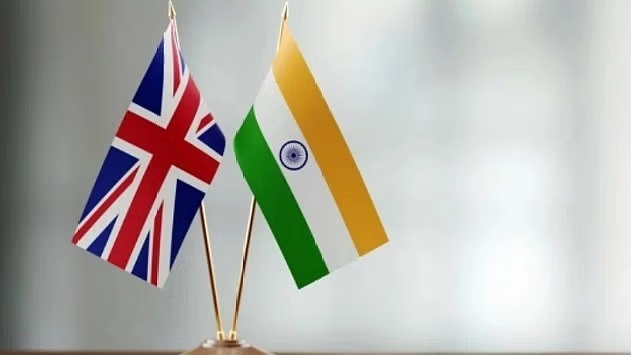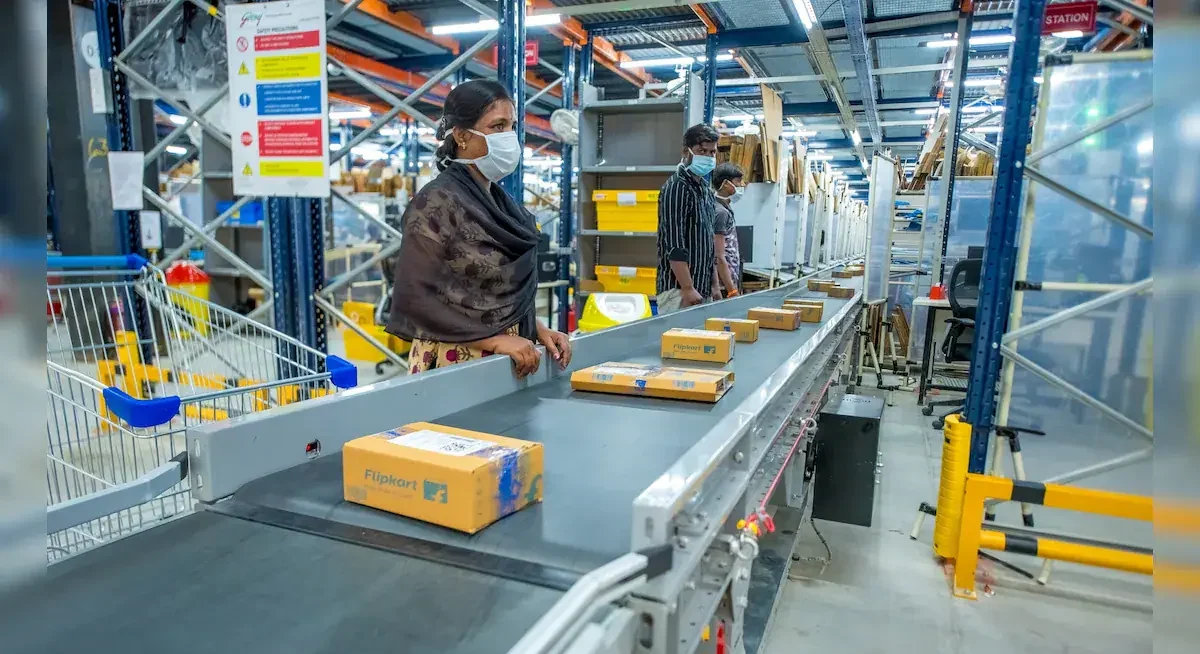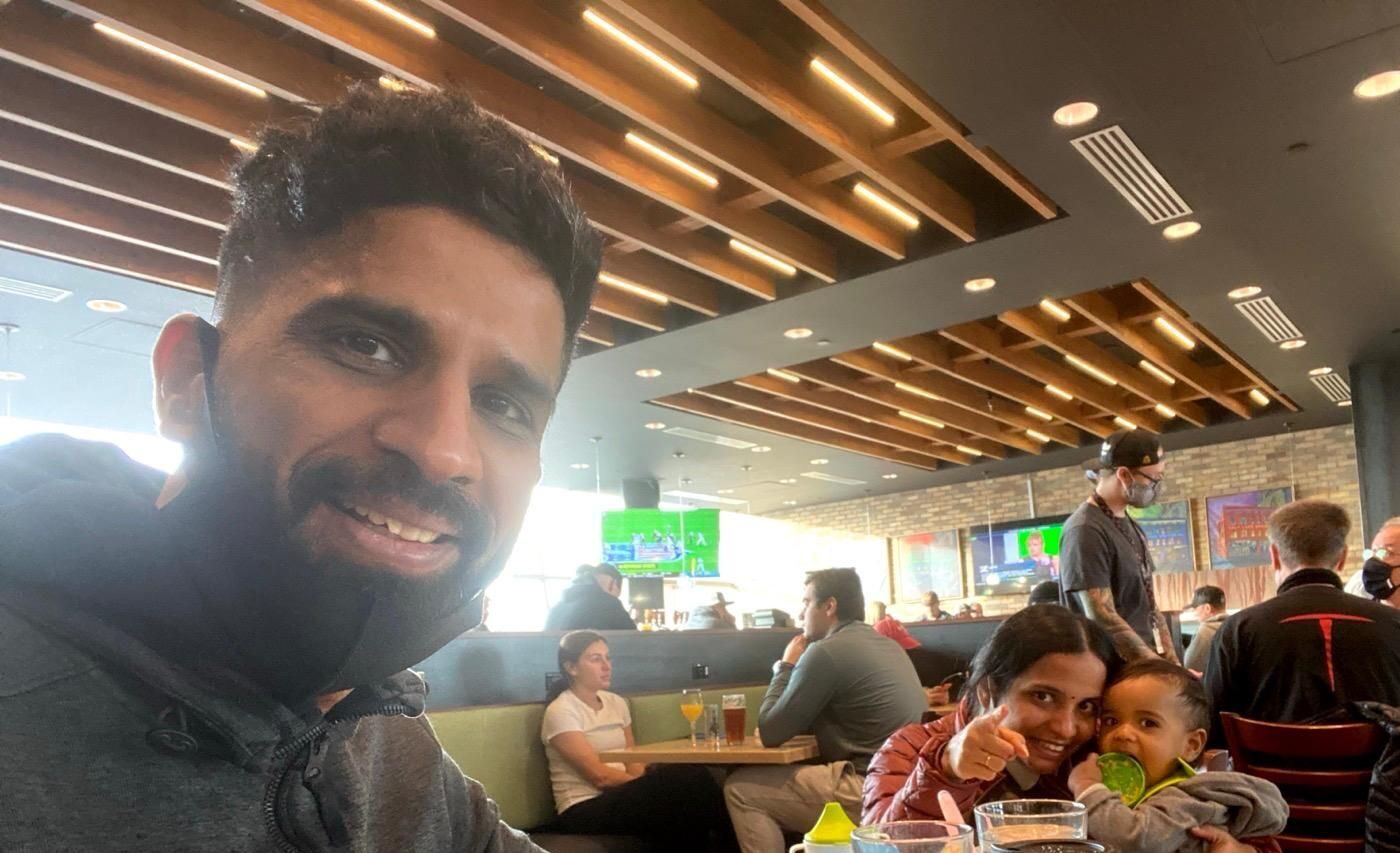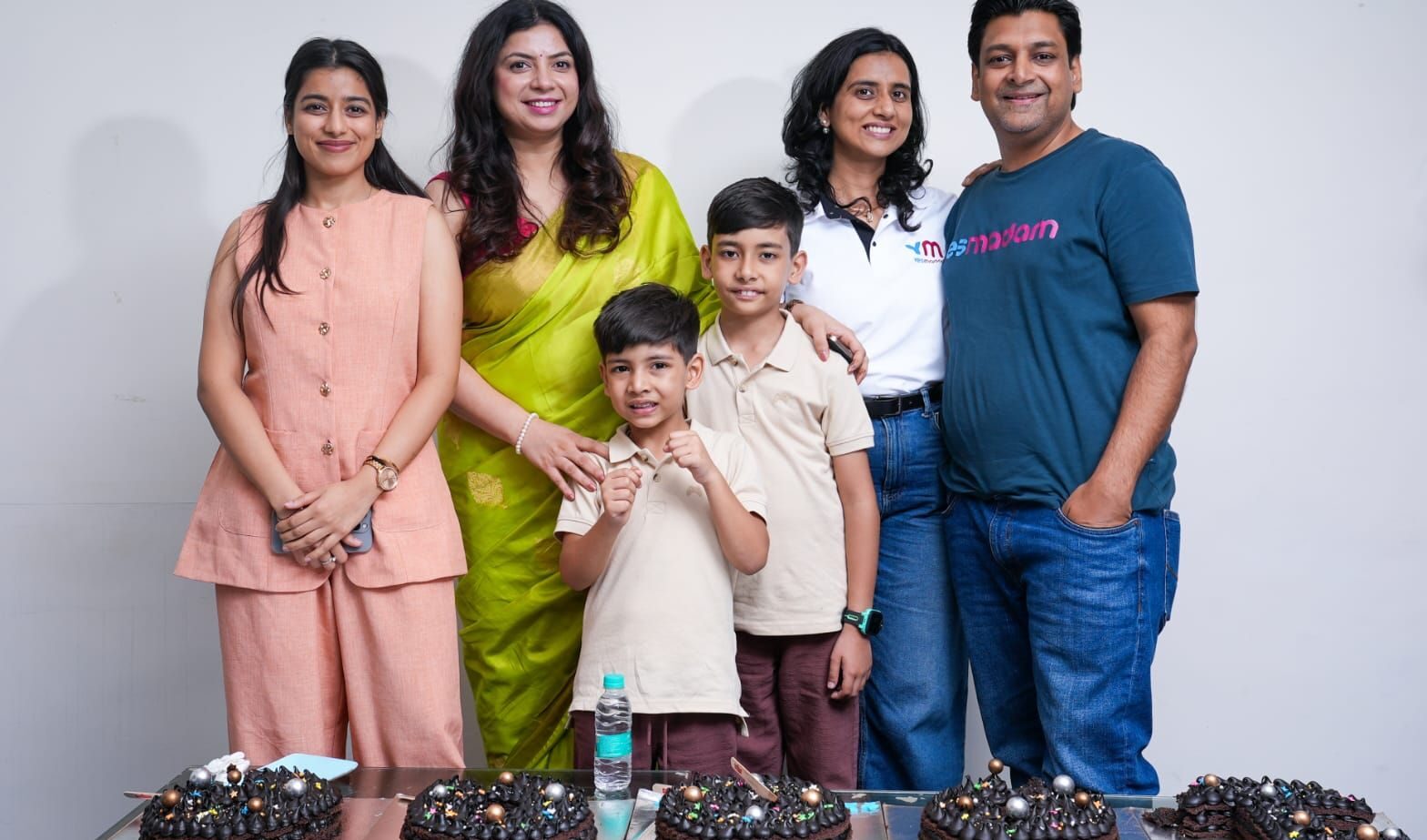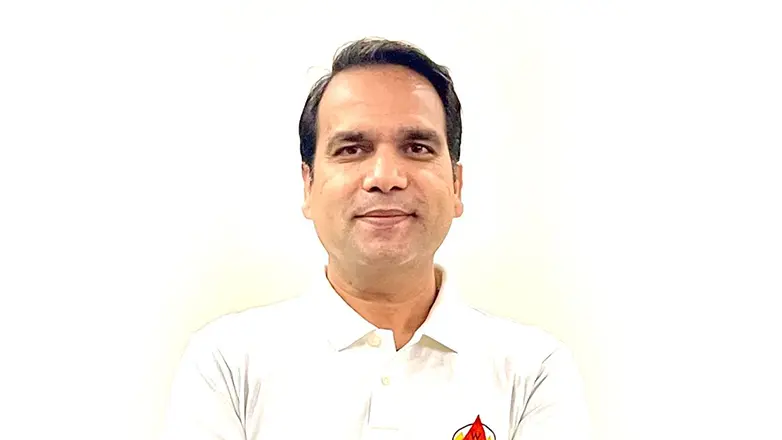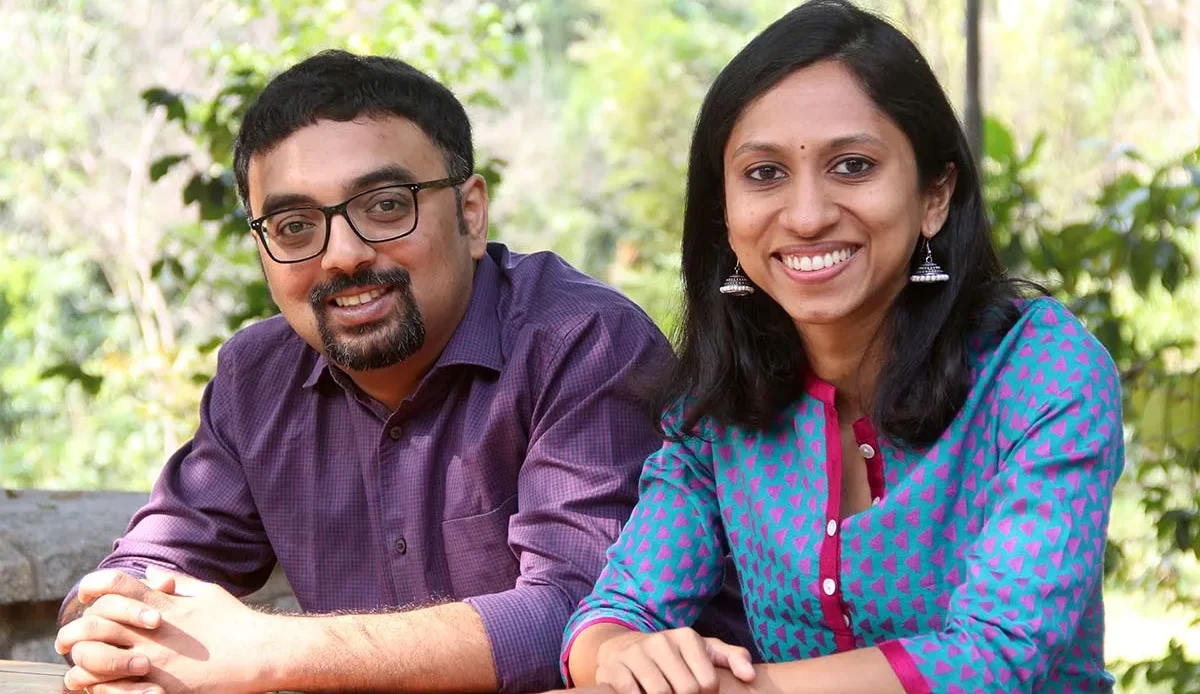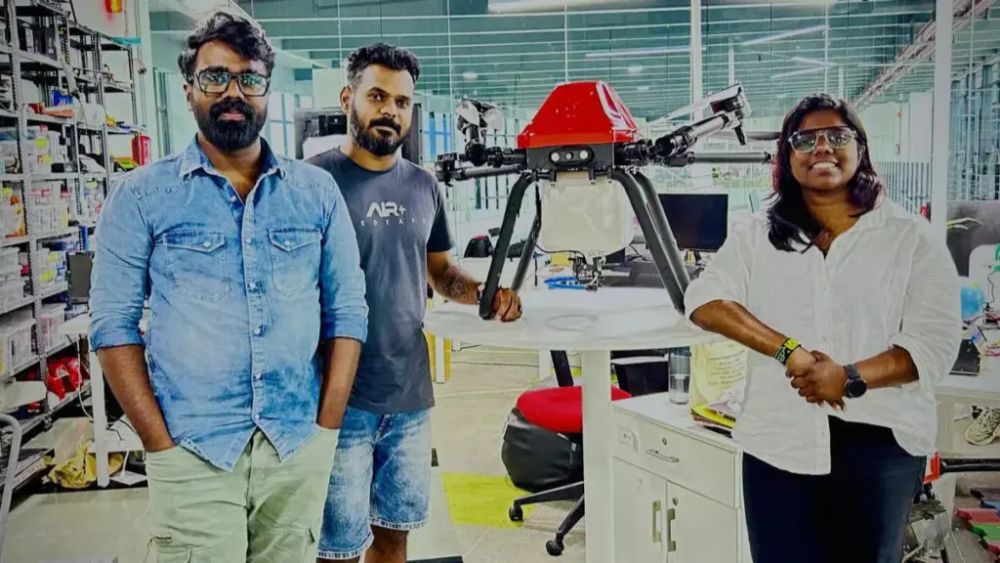India made a strong message during the recent FTA negotiations with the United Kingdom by refusing to lower import taxes on British wine. This step demonstrates the Indian government’s dedication to supporting indigenous industry, especially small and medium-sized wineries.
Why No Duty Cuts on UK Wines?
Because they are smaller and lack the marketing capabilities of their British rivals, smaller Indian wineries would suffer if import taxes on UK wines were removed. Additionally, wine imports are significantly impacted by political and cultural difficulties, particularly in regions where alcohol consumption is a sensitive subject. India’s wine industry has grown tremendously, yet the country is still in its infancy.
Limited Concession on British Beer
While wines remain off the negotiating table, India has agreed to offer limited duty concessions on British beer. Although the details of these concessions are still being worked out, they are said to be modest, suggesting that India is taking its time in order to strike a compromise between protecting domestic industry interests and opening its market.
Excluded are sensitive products: Apples, pork, and dairy.
Along with alcoholic beverages, India has banned dairy products and other agricultural imports from the free trade agreement.
Along with cultural and food safety concerns, these exclusions demonstrate India’s commitment to farmers. Lower tariffs on these imports could jeopardise the livelihoods of thousands of smallholder farmers.
India’s Strategic Trade Position
India has a well-developed trade policy, as seen by its position in the FTA talks. India is sending a message to its international partners that any trade liberalisation will be on its own terms, prioritising national interests, by highlighting self-reliance (Atmanirbhar Bharat) and internal economic resilience.
What’s Next for the India-UK FTA?
Regardless of how unpleasant this development may be, FTA negotiations will continue. Both countries want to finalise the agreement in areas such as technology, textiles, medicine, and services.
Also Read: 2.5 Years Later, A DM to Perplexity CEO Finally Gets a Reply









